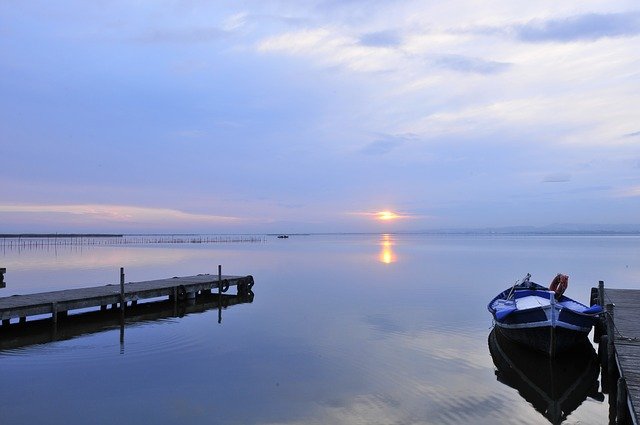
Although the gig economy has been on the rise for a number of years, the pandemic and lockdown has seen a huge jump in the number of remote workers.
These workers may be part of an organization or self-employed. The common factor is that they can work from any location. This ease of mobility is radically transforming the world of work.
But remote working comes with its own stresses. And for this reason, prioritizing wellness has become key.
Living a digital life makes the analogue more important
Zoom fatigue is real. At the same time, there’s no doubt that the last year and a half would have been even more trying without the video conferencing software that we now have available. Imagine if we were trying to run our businesses and keep in touch with loved ones if we were only as far as fax machines?
Yet as we have found ourselves logging onto our screens ever more frequently, a new focus has emerged in our lives.
While wellness and self-care practices have been in the mainstream for a long time, individuals are questioning what is important to them more deeply since early 2020.
As Amanda Falkson, psychotherapist, says, “the pandemic and lockdown has lead to people asking big questions about their lives.”
The virus has also highlighted how our health truly is our wealth.
And it’s in this context that wellness has received priority status as remote workers consider different locations to live and work.
The nature cure for mental, emotional and physical health
In the 1980s, the term “shinrin-yoku” emerged in Japan. Meaning forest bathing, the idea relayed the many benefits from spending time near trees. Going for a walk in nature promotes feelings of connectivity, soothes the nervous system and is healthy for the body.
Getting into nature became one of the true balms during the height of the lockdowns.
When restrictions allowed, meeting a friend for a hike or bike ride outdoors with lots of fresh air was far less risky than other options. One of the better outcomes of the pandemic might be that we all pay closer attention to the environment and care for it better having experienced its wonder during the last while.
This awareness over the role nature and an outdoors lifestyle plays in our overall health is driving remote worker relocation patterns.
Just one example is the interest Valencia in Spain is attracting.
Caroline Lagergren is a strategic advisor for global business developers who want to explore opportunities in Spain – a country with more than a few secondary cities. She is the founder of Expand to Spain.
One of Spain’s key secondary cities is Valencia. In late 2020, Bloomberg announced that Valencia was the number one city in the world for expats to live. The city scored this position for its climate, healthy outdoors lifestyle and social factors.
Caroline is based in Valencia and her recent experience chimes with the Bloomberg article. She’s noticed an uptick in interest in Valencia.
“Stockholm, New York, London, Berlin and Paris are all popular places. However, recently people in the age bracket from 25-60 have contacted me to announce their move to Valencia to simply live better,” says Caroline.
“Some have gotten a go-ahead from their employer to work remotely, some freelance and some are opening a second office for their business.”
Valencia’s many tangible and intangible attributes are very much on the wanted list.
“Lower cost of living, sunny climate and being close to the ocean are obvious factors, but every person who has contacted me has also mentioned a longing for a slower pace and friendlier community as key reasons for a move,” says Caroline.
When your colleagues become digital interfaces, your physical neighbourhood becomes so much more important for human interaction,” Caroline states.

